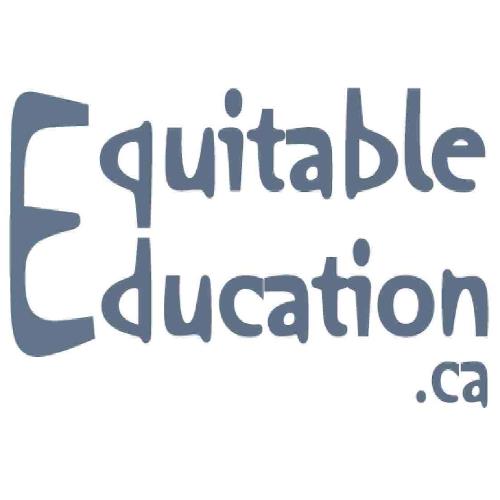So what do people talk about when they meet for six consecutive weeks to discuss media issues?
Such were the circumstances that brought together a group of people for the Interdependent Media course. The class topics were the Theory and Power of Media; Race and Gender in Media; Corporate Media; Alternative Media; and Media-Making.
ISSUES AND QUESTIONS
Fear and violence in the media were a big concern – violence as an attention-getter and fear as a emotion to play off of in various forms of coverage. Why does the ‘if it bleeds, it leads’ focus actually work to captivate audiences and how much do we buy into that model of media?
Related to that was the concept of mental environmentalism. Like environmentalism, it looks at the toxins in our (mental) environment and their effects on us. Also like environmentalism, there are things we can do individually to the benefit of our own personal health, but we also need to consider the greater societal context we live in, that we can collectively be affected by and work to change.
Another concept was that of the mainstream ‘media monoculture’ or how the same stories get prominent coverage no matter where you are: celebrities, sports, politicians – and of course, advertising. This was contrasted with creating an alternative media ‘permaculture’, something that is sustainable, life-affirming and suited to local circumstances.
This monoculture, though, seems to be coveted by different cultures all around the world. The United States is a prime exporter of said monoculture that makes false promises of freedom, happiness and ‘the American dream’. We wondered, why is this so appealing? Some thoughts were that it is a one-sided picture that doesn’t reflect the real-life problems that do exist in American society and that the international audiences don’t realize exist. Also, that so much of ‘international development’ done for (on) cultures around the world actually carries with it a ‘development of dissatisfaction’ with the lives that they lead. This leaves the door open to their wanting something different – that is then fed to them with ‘artifical sweetener’.
The social construction of gender through the media was also deemed important – the ways of how people think about their roles in society and in relation to others, are warped by internalizing dominant images in the media. Participants also noted how easy it is to understand the problem, but then get used to it as it becomes so ‘normalized.’
And perhaps the biggest thing talked about in the course was how we, the people, can work to change our own habits but also get together and talk – and act – to change things collectively. Even if we have already recognized problems a long time ago, being able to come together and discuss things can refocus, reenergize, reaffirm us in the ways we relate to these problems, and to opportunities.
MEDIA DEMOCRACY CONFERENCE
Another chance for people to get together and talk and learn about media issues is the upcoming Media Democracy Conference that will happen November 16-18 at the University of Ottawa. It is free or by donation, with Friday evening keynote speakers and a full day on Saturday of workshops and panel discussions. On Sunday, a meeting of the Ottawa Working Group of the Media Co-op will be a chance for new people to get involved in this project.
The Media Co-op is a cost-to-coast network of media co-operatives that feature grassroots, democratic coverage. It is reader-funded and member-run. The Ottawa Working Group has just launched a website, ottawa.mediacoop.ca, joining local sites for Halifax, Montreal, Toronto and Vancouver, as well as the national Dominion magazine.
The website is ‘open-publishing’ in that anyone can create an account and contribute content in the form of articles, blogs, news releases, photos, videos or audio. An editorial collective ensures that all content meets baseline criteria and chooses which content to feature.
The Ottawa Working Group is hosting this conference in conjunction with Organizing For Justice, a local group that has been holding activist-themed conferences since 2008.
The conference details are: Fri Nov 16, 7pm at Montpetit room 202. Sat Nov 17, 9:30am-5:30pm at Lamoureux Hall. Sun Nov 18 1pm at Lamoureux Hall. All enues on the University of Ottawa campus. Full schedule details are at www.OrganizingForJustice.ca
– Greg Macdougall was the facilitator of the Interdependent Media course and is helping to put on the upcoming conference. His website is www.EquitableEducation.ca
This article was originally published in the Glebe Report community newspaper, November 9 2012.
 Interdependent media & in-person learning opportunities for those who are inspired to be part of movements for social justice.
Interdependent media & in-person learning opportunities for those who are inspired to be part of movements for social justice.